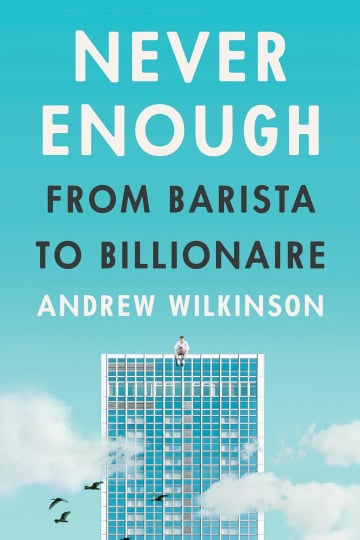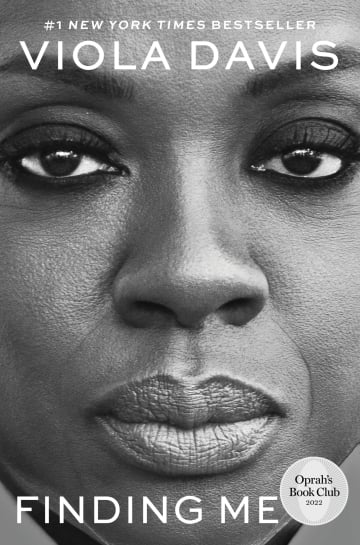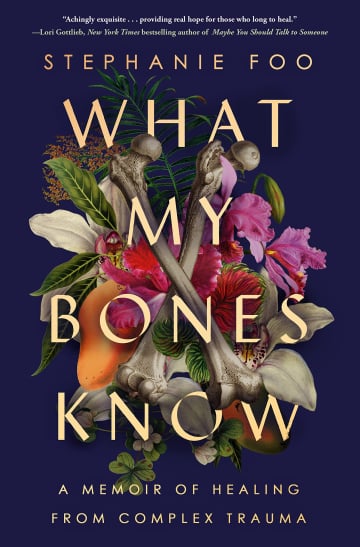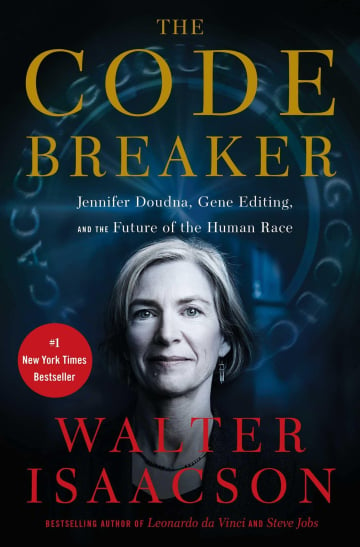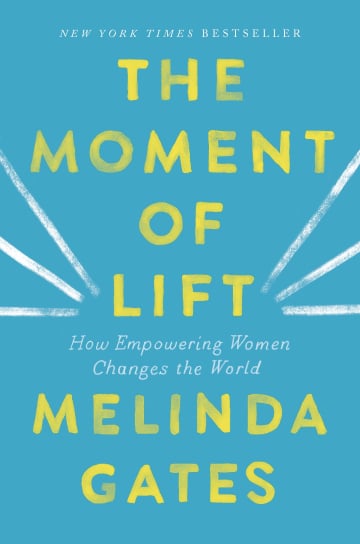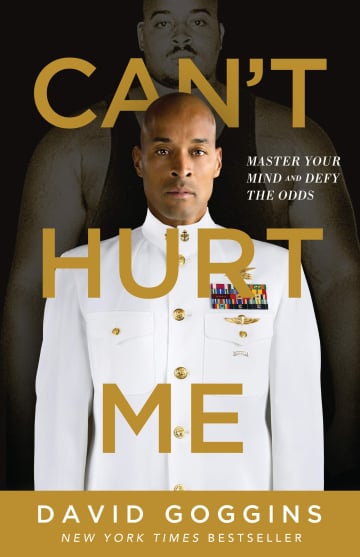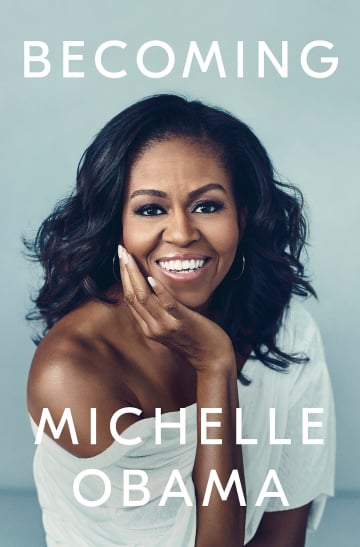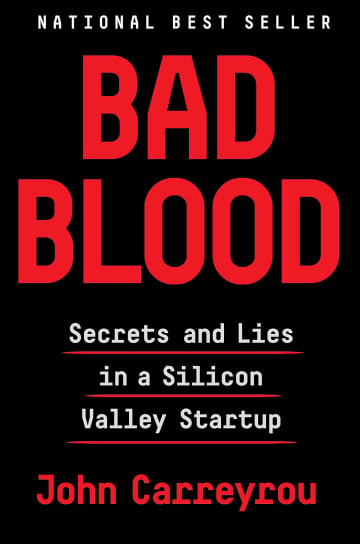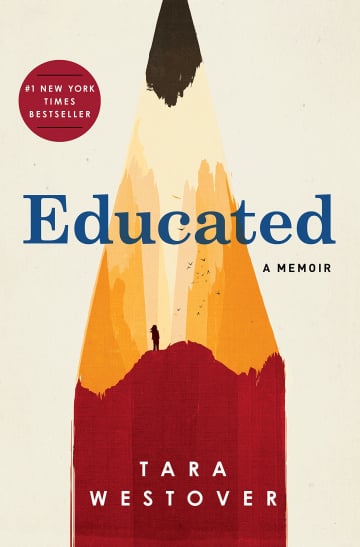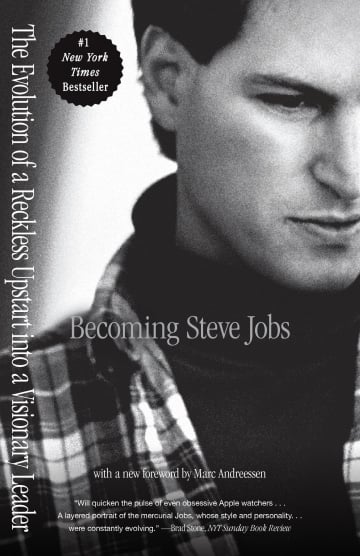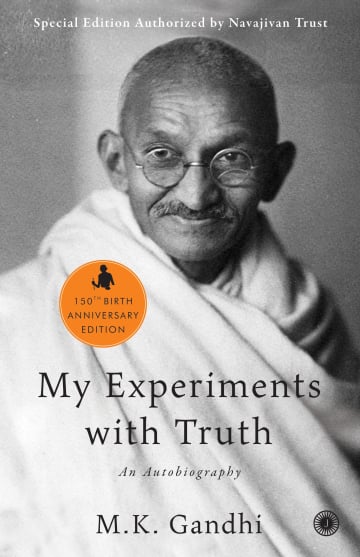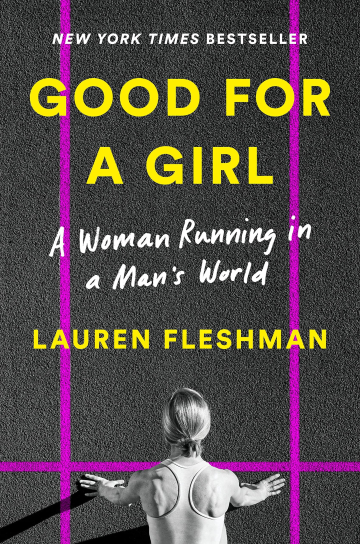
Good for a Girl: A Woman Running in a Man's World
⚡️ 13 Quotes from the book
“According to a 2016 study, girls in the United States are dropping out of sports at twice the rate of their male peers by age fourteen, and over half leave sports completely by age seventeen.”
“Running appealed to me precisely because it spoke to self-determination. Efforts were clearly measured, rewards fairly distributed. Cross-country teams, like softball teams, worked toward rising together, but in running there are no runs batted in.”
“I felt overcome with a desire to beat every single girl who had a weird relationship with food, this strategy that made you faster for a little while—which could dictate the outcome of this race—but forced you to quit a couple of years later.”
“If every young person experienced a woman leading their sports team in a position of true authority, millions of people would grow up used to the idea of a woman leading their company, department, or nation.”
“As the top performer on the women’s team, I tried to lead by example, eating with the ease more characteristic of the men and being vocal about it. I had the cookie. Enjoyed a second helping. I ate when I wasn’t hungry sometimes to prove a point. But then I stopped winning.”
“I started to feel like a pro athlete when the first big box of Nike gear arrived at my parents’ house. By then I’d already traveled to four countries, ridden luxury buses escorted by police convoys to compete at enormous stadiums, and raced some of the best distance runners in the world, but now it was sinking in.”
“Every sports marketing executive I met with was a cisgender white man. Two asked if I had a boyfriend, and when I said no, they said “Good.” I was a more valuable marketing asset as a single woman.”
“Nearly all of the professional female athletes I trained with had stories to share about disordered eating and injuries on their college teams. The stories were heartbreaking, and there was a shared feeling of helplessness.”
“The idea of all of this was that repeated thoughts become beliefs, beliefs inform actions, and actions repeated over time create an identity. To change your identity, you must start by changing your thoughts.”
“Being a whole person was powerful, but the economics of sports (defined and maintained by men) didn’t leave much space for that. Contracts penalized the rocky road inherent to life, especially the one commonly traveled by women.”
“This isn’t the ending I dreamed of, sure. But when you realize failing doesn’t make you a failure, you give yourself permission to try all sorts of things.”
“I wanted to coach women to be the best in the world, but without subscribing to the dominant paradigm that athletes are disposable and that winning was worth just about any price.”
“It was crucial to me as their coach that they learned to listen to their bodies, respect what they hear, and act accordingly; I wanted sport to bring them closer to themselves, not further away.”
Related videos
Publications
STANFORD magazine: Book Review: Running in Circles
Track & Field News: Book Review — Lauren Fleshman’s “Good For A Girl’’
Natural Womanhood: Our take on elite runner Lauren Fleshman’s memoir
Ask Albert:
Rate the book
⚡️ Discover Even More Bookish Wisdom
recommends
recommends
recommends
recommends


